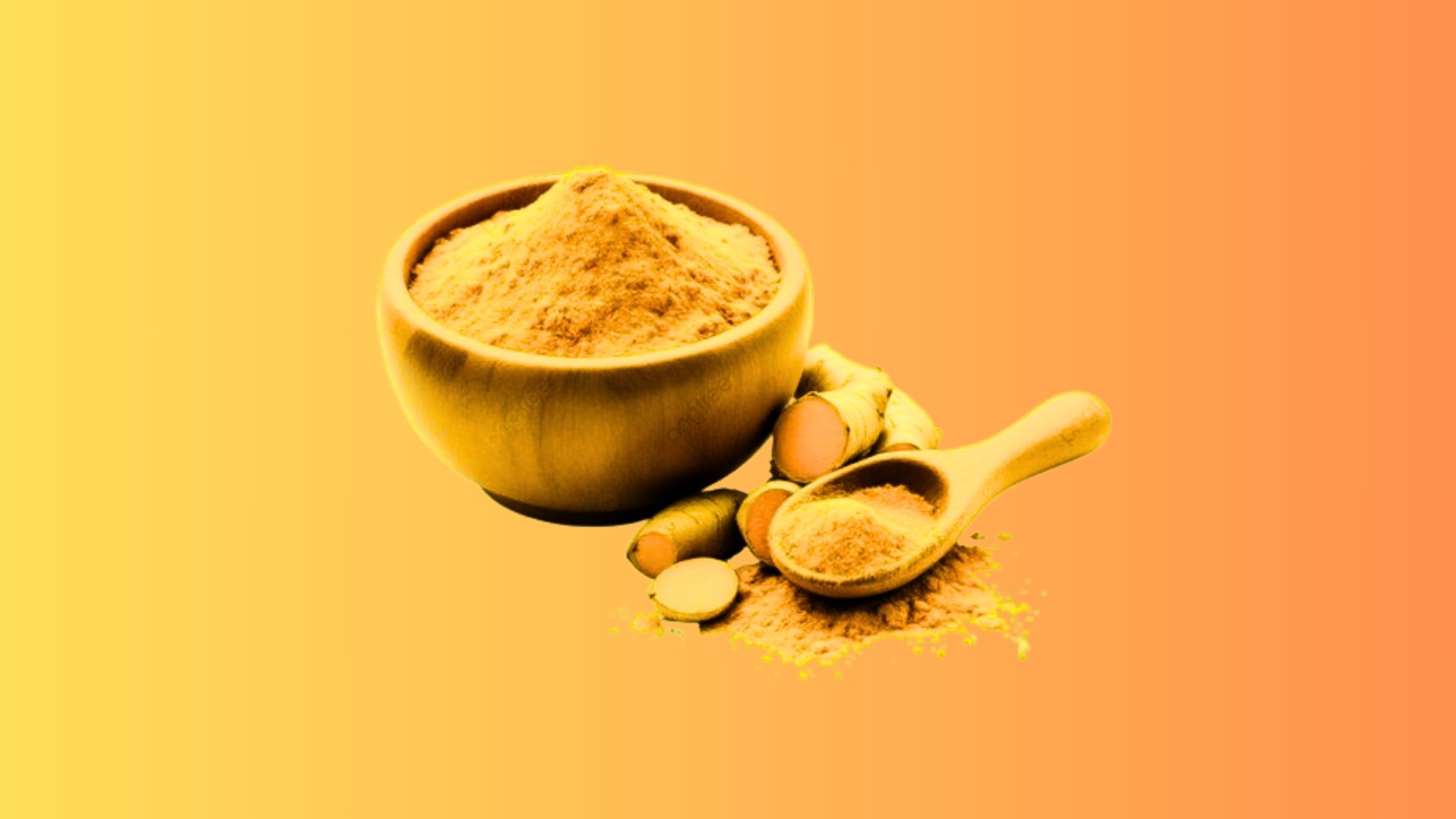
For generations, turmeric has held a sacred place in kitchens and healing traditions across India and beyond. Revered not just as a spice but as a cure-all, it’s been mixed into warm milk during fevers, applied to wounds for faster healing, and added to every second dish for its vibrant color and earthy aroma.
But recent global health updates have sparked a wave of concern: Is turmeric, especially in supplement form, causing more harm than good?
Let’s unravel this golden mystery.
Turmeric, known scientifically as Curcuma longa, has been celebrated for its powerful active compound—curcumin. This natural antioxidant is credited with reducing inflammation, boosting immunity, improving digestion, and even enhancing mood.
From Ayurvedic medicine to wellness blogs in the West, turmeric is being hailed as a natural miracle. Turmeric lattes, capsules, teas, and oils have flooded the market, promising everything from clearer skin to pain relief.
But with rising popularity, comes rising scrutiny.
Recent news articles have raised concerns about the overuse of herbal supplements, particularly turmeric-based capsules. Multiple medical journals and health reports now suggest that excessive or poorly regulated consumption of these supplements could lead to liver complications in certain individuals.
Growing up, my mom would always whip up “haldi doodh” when anyone at home was under the weather. It worked wonders. But not long ago, a family friend who had been taking turmeric capsules daily started showing signs of fatigue and poor liver function. Her doctor eventually connected it to the supplements she had been using—ones she assumed were safe because they were “natural.”
This experience is not unique. It reminds us that even natural remedies need to be treated with knowledge and caution.
There’s a lot of promising research around curcumin’s ability to fight inflammation and oxidative stress. However, studies have also shown that:
Here’s how to enjoy the benefits of turmeric while staying safe:
Turmeric remains one of nature’s most powerful gifts—but like anything beneficial, it must be used with understanding. The goal isn’t to stop using turmeric, but to use it smartly—knowing the right context, dosage, and source. While tradition gives us roots, science gives us wings. It’s only when both come together that we make the best choices for our health.
We’d love to hear from you!
Share your feedback, questions, or personal experiences in the comments below. Your story could guide or encourage someone else on a similar journey.
Stay up-to-date with more such health insights, wellness tips, and trending topics by joining our growing online community.
Follow us on: Facebook | Instagram | LinkedIn | Twitter
Together, let’s keep learning, questioning, and growing—because your health deserves both wisdom and awareness.